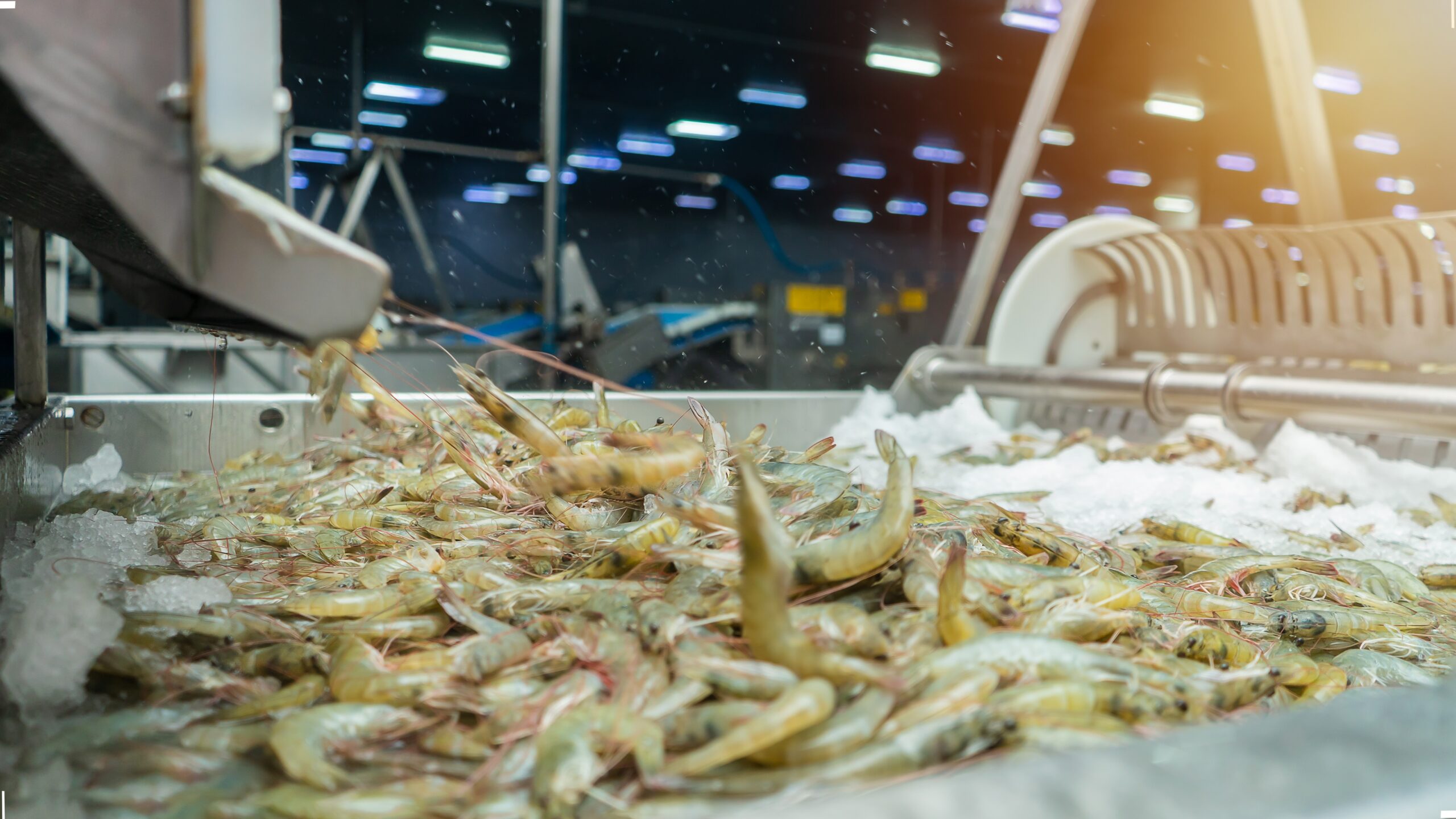
Radioactive SHRIMP Hit American Stores!
Federal regulators have recalled multiple frozen shrimp brands after detecting traces of cesium-137, a radioactive isotope, in shipments linked to an Indonesian supplier, raising scrutiny over U.S. food safety protocols and global seafood supply chains.
At a Glance
- Frozen shrimp from several brands recalled in nine states due to radioactive contamination concerns
- Cesium-137 traced to Indonesian supplier PT. Bahari Makmur Sejati
- FDA and Customs & Border Protection intercepted shipments at U.S. ports before reaching consumers
- Recall initiated by Southwind Foods covers products distributed between July 17 and August 8, 2025
- No illnesses reported, investigation continues into supply chain oversight
Rare Contaminant Triggers Precautionary Recall
Southwind Foods, a California-based importer, voluntarily recalled brands including Sand Bar, Arctic Shores, Best Yet, Great American, and First Street after federal testing found cesium-137 in shipments originating from Indonesia. The products were routed through major U.S. ports before distribution to nine states: Alabama, Arizona, California, Massachusetts, Minnesota, Pennsylvania, Utah, Virginia, and Washington.
Watch now: FDA Recalls Imported Shrimp Over Cesium-137 Contamination · YouTube
Cesium-137 is a man-made radioactive compound typically linked to nuclear accidents, not food imports. While federal agencies emphasized that contaminated products did not reach consumers, the Food and Drug Administration recommended an immediate recall as a precautionary measure. The incident underscores the rarity of radionuclide detection in seafood while demonstrating the role of screening protocols in preventing potential exposure.
Regulatory Response and Oversight Challenges
The FDA and Customs & Border Protection moved quickly to halt shipments and notify retailers and wholesalers, including Walmart, to remove implicated products from circulation. Officials confirmed that the recall remains limited in scope, with no reports of illness or exposure as of August 22, 2025.
Past food safety events involving radionuclide contamination have typically been associated with environmental fallout rather than supply chain breakdowns. The current case highlights the complexity of global seafood trade, where contamination can occur far from end markets, leaving regulators to monitor and intercept risks at multiple points of entry. Experts argue that this illustrates the importance of continued investment in border screening technologies and transparent sourcing practices.
Health, Economic, and Industry Implications
Public health specialists note that while acute health risks from the detected levels are low, chronic exposure to cesium-137 has been associated in scientific research with an elevated cancer risk. This reinforces the value of preventive action even in the absence of confirmed illness.
The recall has immediate economic consequences for Southwind Foods, Indonesian exporters, and U.S. retailers managing supply chain disruptions and potential liability. Industry analysts suggest that reputational impacts may extend beyond the companies involved, increasing consumer scrutiny of imported seafood more broadly. Calls for improved traceability and enhanced testing protocols are likely to follow, particularly in high-volume distribution channels.
For policymakers, the incident raises questions about the adequacy of current safeguards at ports of entry and whether international suppliers are meeting safety expectations. Legislative and regulatory discussions may accelerate around strengthening enforcement mechanisms and enhancing cooperation with overseas regulators to mitigate similar risks in the future.
Sources
FDA
Southwind Foods
Pioneer Press


